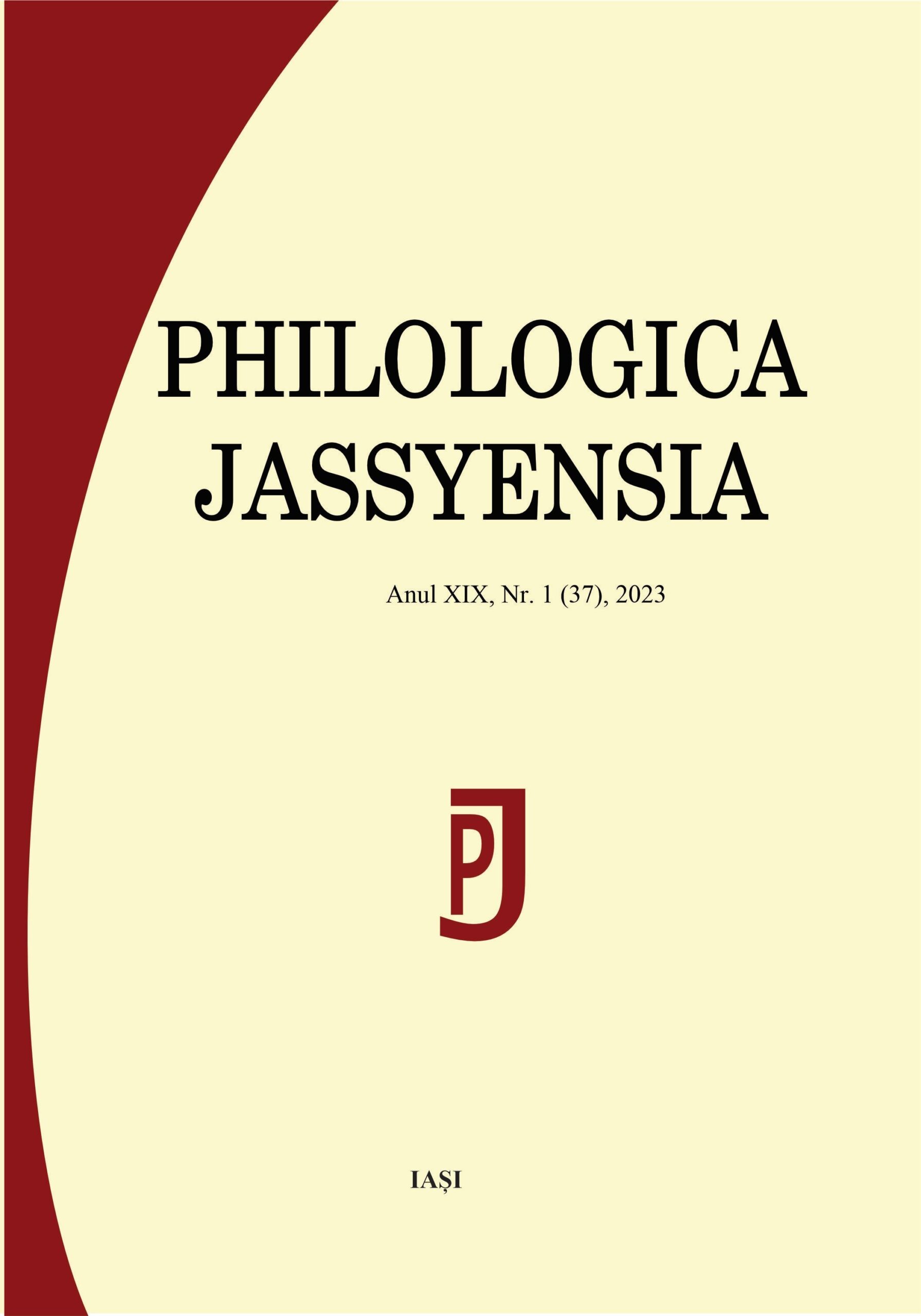Vittorio Alfieri e la lingua “classica” di Simeon Marcovici: alcune considerazioni metodologiche sulle traduzioni dell’Oreste e del Filippo
Vittorio Alfieri and the “Classical” Language of Simeon Marcovici: some Methodological Considerations on the Translations of the Oreste and Filippo
Author(s): Federico DonatielloSubject(s): Philology, Translation Studies
Published by: Editura Tracus Arte
Keywords: Vittorio Alfieri; Simeon Marcovici; translations; Romanian Übersetzungskultur; Romance westernization;
Summary/Abstract: The most representative Romanian translations of the 19th century can be the subject of an aesthetic-rhetorical study, which, usually, we would devote to an original literary work. Because of their experimental character, the translations are closely linked to the contemporary “language question”: thus, they offer a tool to observe the evolution of literary Romanian in those crucial decades. In other words, we can consider translations as a ground for the reception of Western models and the development of modern literary language. In this study, we propose overcoming the two most popular approaches to Romanian translations: the exclusively lexicographical one, which mainly focuses on the collection of data related to the neological lexicon: the exclusively historical-sociological one, which considers translations as historical-literary and socio-cultural documents without dwelling on the aesthetic-rhetorical values of the literary text. On the contrary, the value of such translations lies not only in their being (useful) witnesses to certain linguistic forms or certain sociological and historical contexts, but in the fact that they are autonomous literary texts.Composed exclusively of translations of literary works and technical texts, Marcovici’s output is a typical example of the extraordinary phenomenon of Romen translations in the first half of the nineteenth century. His prose translations of two of Alfieri’s tragedies, Oreste and Filippo, in a volume published in Bucharest in 1847, mark one of the high points of interest in Alfieri’s output in the Romanian nineteenth century. Such a late interest in an eighteenth-century author like Alfieri, who had played so much part in the Italian, Greek, and Romanian Enlightenment and Preromantic temperament, often cloaked in anti-Tyrannical nationalism, should not be surprising. Marcovici’s entire cultural activity shows a strong “anachronistic” inclination toward neoclassical themes, also motivated by his being professor of rhetoric at the College of St. Sava. For Marcovici, literature is not only to be considered in the same way as a “school of moralization”, but also a model for the correct use of literary language. It follows, therefore, that there should be a determined fidelity to the needs of popularization, to the “simple” style, to the naturalness of vocabulary and to the minimization of the needs of overdeveloped rhetorical language. The contribution will therefore go through some lexicographical, stylistic and rhetorical aspects of the two Alfierian translations, focusing on the “classicism” of Marcovici’s language.
Journal: Philologica Jassyensia
- Issue Year: XIX/2023
- Issue No: 1 (37)
- Page Range: 163-176
- Page Count: 14
- Language: Italian

